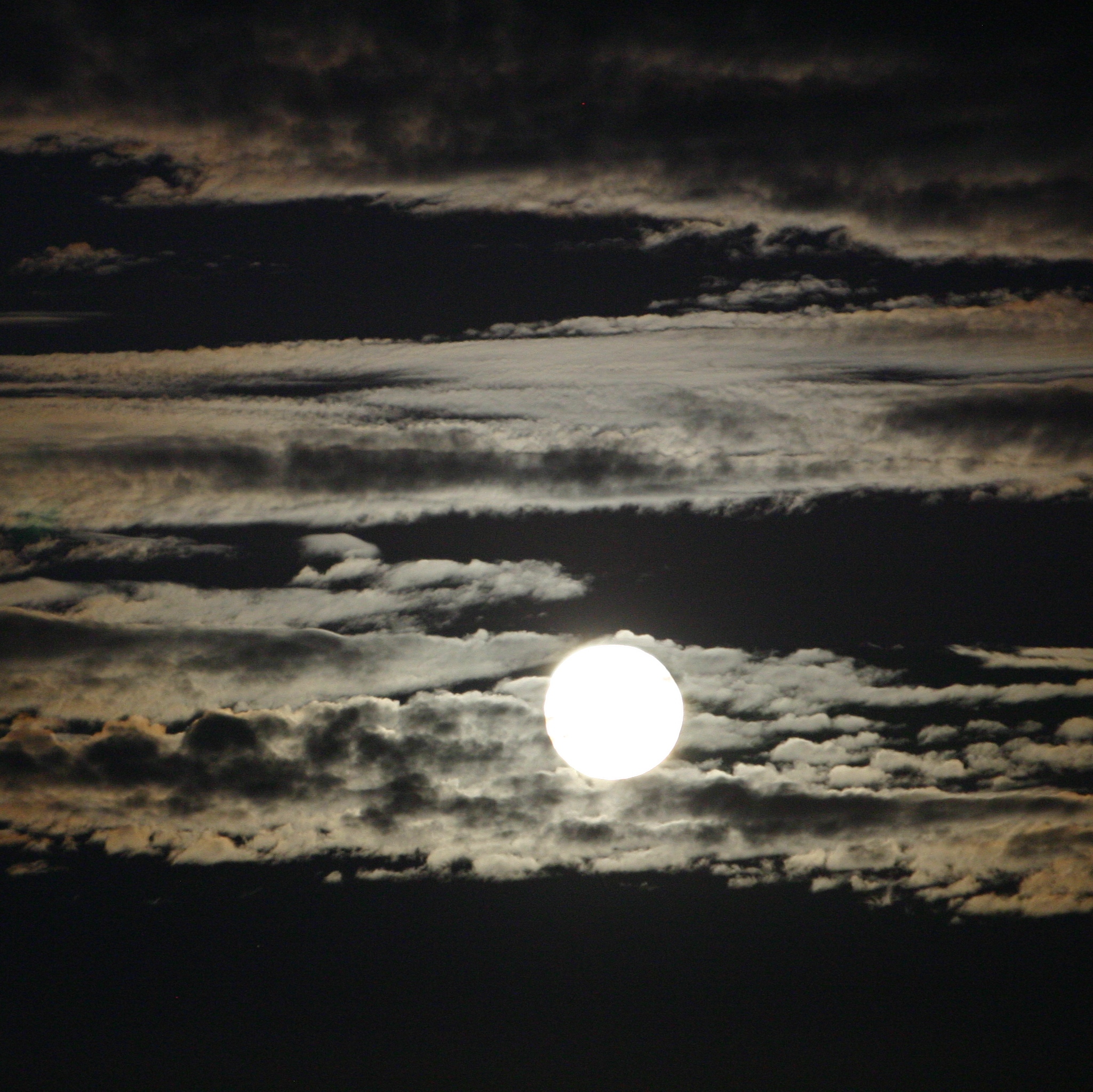Yesterday I phoned my uncle who’s in hospital in Canada. We talked for about five minutes before I could hear exhaustion creeping into his voice. He laughed at my silly jokes and he was genuinely happy that my father’s back pain had subsided even though there was no relief for his own.
I don’t know my uncle very well. In fact, I don’t know any of my uncles really well. I’ve always lived in other cities or abroad. I seem to have gravitated towards the female side of my mum’s family. But what I do know is that my uncle has always been there. Always been a quiet presence in my life.
I also know that he is a lively and generous presence for others. When my dad retired for the final time and my parents moved from Ontario to Manitoba to be close to mum’s family, it was my two uncles who welcomed my father, helped him, and I believe gave him a sense of belonging. When my sister arrived in Winnipeg with her tribe, it was my uncle who spent days helping dad build her a new fence.

Photo: J Walsh

Photo: J Walsh
What happens when family is on the other side of the world? For me, technology has become the great connector. I am in daily email contact with my dad and for all the shallowness and complaints about Facebook, it has still helped to close a geographic gap. Just getting two short messages from my aunts last night made me feel loved and part of the family. Part of something bigger.
Before I hang up the phone I tell my uncle that I’ll call him again in a couple of days and that I love him. Maybe I’ll have some good news then, he says.
After, I am again confronted with fingers of conflict and helplessness. Of being too far away to do anything. It is something every migrant goes through regularly, I’m sure. Then sometime in the middle of the night with the Sunday SuperMoon overhead, I hatch a plan.
I will send my uncle the moon. The beautiful peaceful SuperMoon that hasn’t reached Canada yet.My husband and I stand out on the balcony at 5am looking west to the setting moon and Canada. Shivering in the darkness behind the tripod, we take photos of the largest moon of the year.Here it is Uncle Howard — I’m sending you the moon.
You can expect it at 8:34 pm Winnipeg time.

Photo: J Walsh

